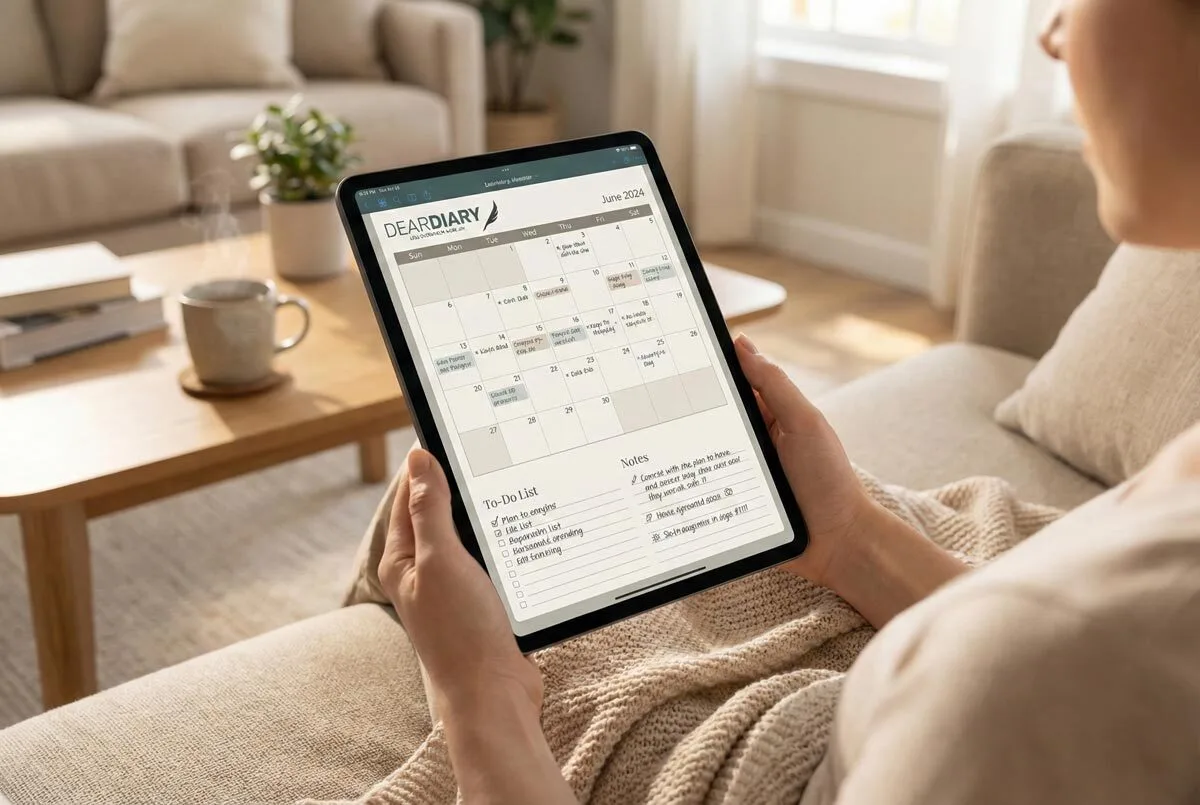Gratitude rewires your brain’s motivation circuits by increasing activity in the pregenual anterior cingulate cortex, which helps you predict outcomes and stay committed to goals. You’ll shift your focus from scarcity to abundance, building resilience that turns challenges into growth opportunities. This practice modulates dopamine activity, creating sustainable intrinsic motivation that outlasts external validation. Research shows gratitude interventions improve standardised measures by 3.67%, with simple practices like journalling requiring minimal time investment whilst providing lasting neurological changes that alter how you pursue your ambitions.
When you’re struggling to maintain motivation over the long haul, your brain might need more than willpower—it needs gratitude.
Research reveals that expressing gratitude literally rewires your neural pathways, creating sustained changes that keep you motivated even when life gets challenging. Your brain responds to gratitude by increasing activity in the pregenual anterior cingulate cortex, a region that helps predict action outcomes.
This improved neural processing makes you better at mapping consequences to behaviours, fundamentally helping your brain comprehend why your efforts matter. When you can clearly see how actions lead to results, staying motivated becomes much easier.
The cognitive effort required for gratitude isn’t passive—it’s an active workout for your brain. Meta-analysis data shows gratitude interventions produce 3.67% higher scores on standardised measures, with participants maintaining these benefits three months post-intervention.
That’s not just temporary feel-good fluff; it’s measurable, lasting change.
Here’s what happens psychologically: gratitude shifts your focus from what you’re lacking to what’s already available. This simple reframe combats learned helplessness and builds resilience, helping you view challenges as growth opportunities rather than daunting obstacles.
You’ll experience reduced anxiety and depression symptoms, with some studies showing considerable improvements in mood-related scores.
The prosocial motivation aspect creates a powerful feedback loop. When you practise gratitude, you’re more likely to help others, which reinforces positive emotions and sustains your drive to take meaningful action. Participants in gratitude studies showed increased donation rates and helping behaviours that persisted beyond the intervention period. Gratitude also fosters connections to larger entities like communities, nature, or spiritual beliefs that provide lasting sources of motivation.
Your brain’s reward pathways get a lift too. Gratitude experiences modulate dopamine activity, strengthening intrinsic motivation—the kind that doesn’t depend on external validation or rewards. This internal drive proves far more sustainable than motivation based solely on achieving specific outcomes. Regular gratitude practice leads to long-term positive changes in brain structure that support ongoing emotional resilience and mental clarity.
Simple practices yield extraordinary results. Writing gratitude letters or maintaining a gratitude journal requires minimal time investment but produces measurable neural and behavioural changes. For those managing multiple responsibilities, an effective gratitude practice requires dated pages that provide structure and accountability for maintaining consistency over time.
The beauty lies in its accessibility—you don’t need special equipment, extensive training, or considerable lifestyle overhauls. Physical activity levels often increase amongst gratitude practitioners, demonstrating how mental shifts translate into behavioural changes. Teachers managing multiple classes can particularly benefit from incorporating habit trackers into their planning systems to maintain consistent gratitude practices alongside their professional responsibilities. Digital planners designed for educators can streamline this process by offering customisable templates that integrate gratitude tracking with daily lesson planning and administrative tasks.
When you regularly acknowledge what’s working in your life, you naturally develop the emotional regulation skills needed to sustain effort through adversity. Daily gratitude prompts can provide the structured foundation needed to cultivate this practice consistently and maintain momentum over time. Creating a dedicated space for gratitude tracking in your daily routine provides structure that reinforces this powerful practice and helps maintain consistency over time. The evidence is clear: gratitude isn’t just positive thinking—it’s a scientifically-backed tool that improves your brain’s ability to maintain motivation, manage stress, and pursue goals with greater resilience and clarity.
Frequently Asked Questions
How Often Should I Practise Gratitude to Maintain Motivation Levels?
You should practise gratitude daily for ideal motivation maintenance. Brief daily reflections strengthen neural circuits more efficiently than weekly sessions. Consistent practice improves executive functioning and creates lasting positive brain adjustments.
Can Gratitude Exercises Replace Traditional Goal-Setting Methods for Motivation?
You shouldn’t replace traditional goal-setting with gratitude exercises alone. Instead, you’ll get better results combining both approaches—using structured goals for clear direction whilst adding gratitude practices to improve your motivation.
What Are the Best Times of Day to Practise Gratitude?
You’ll find morning practice sets a positive tone for your day, whilst evening gratitude improves sleep quality. Midday sessions break mental fatigue, but consistency matters more than timing for rewiring your brain’s patterns.
Does Expressing Gratitude to Others Boost Personal Motivation More Than Journaling?
Yes, you’ll increase your motivation more by expressing gratitude directly to others rather than journalling. Social gratitude letters create stronger feelings of elevation and improve your sense of social worth, driving greater prosocial behaviour.
Can Too Much Gratitude Lead to Complacency and Reduced Motivation?
You can become complacent if you overuse gratitude practices. When you routinely express thanks without pairing it with goal-setting, you’ll risk replacing personal ambition with external validation, reducing your intrinsic motivation.






